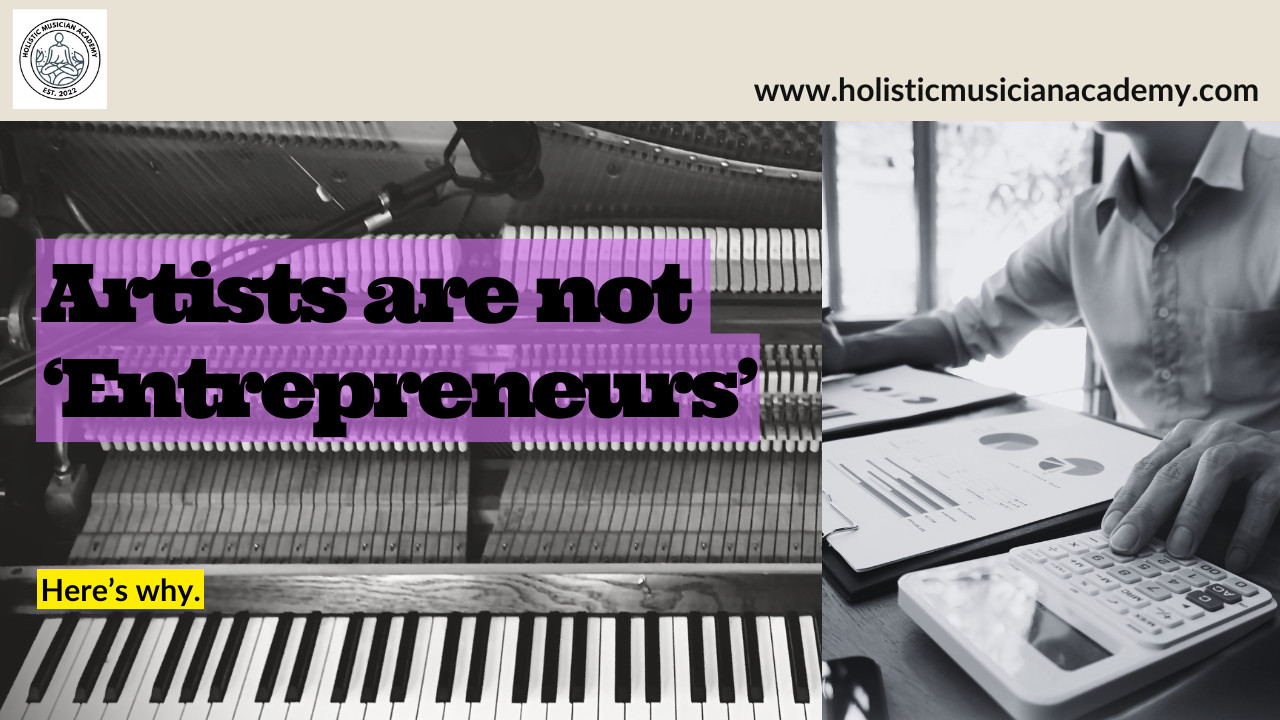
You’ve probably heard the advice by now: if you want to survive as an artist, think like an entrepreneur.
At surface level, this makes sense.
Build a brand.
Learn to pitch.
Package your offerings.
Control your own narrative.
And yes—some of those tools are genuinely useful. In a landscape where the old industry gatekeepers have been replaced by algorithms, independence requires more than just inspiration. It takes infrastructure. It takes skill.
But somewhere along the way, something else started to happen.
A shift in posture.
A shift in identity.
Artists stopped being seen as...well, artists. And started being asked to become content creators, brand strategists, personal platforms, market disruptors.
In short: entrepreneurs.
And that’s where we lose the thread.
Because the core orientation of entrepreneurship and artistry isn’t the same.
An entrepreneur often begins with a 'gap in the market'. They create to 'solve a problem'. And measure success by scale, outcomes, revenue, and replicability.
An artist, on the other hand, begins from somewhere else entirely.
A question. A grief. A devotion. A tension that won’t leave them alone.
An unstoppable urge to heal.
And the measure of success? Often, there isn’t one. Not externally in the tangible way a business measures anyway.
This distinction matters more than ever—especially in an era where hustle culture, creative capitalism, and personal branding have all blurred into a single aesthetic: "productive authenticity."
What Steve Jobs Got Right—and Wrong
In a clip from The Diary of a CEO, entrepreneur Kevin O’Leary recounts a conversation with Steve Jobs. O’Leary had asked Jobs whether he cared about what students wanted in relation to one of Apple’s product launches.
Jobs' response?
“I don’t give a s*** what the students want. Or what the parents think. Or what anybody thinks. It’s what I want. They don’t know what they want until I tell them.”
This is a perfect example of visionary entrepreneurship: decisive, directional, unapologetic. Jobs wasn’t interested in reflection—he was interested in shaping the market.
And that works for entrepreneurs.
But if you’re an artist? That posture can be poison.
Because art isn’t a tech launch. It doesn’t exist to tell people what to want. It exists to explore what it means to be here at all.
Artists Are Not Here to Scale
This might sound romantic. But it’s actually practical.
If you begin to build your creative practice around the logic of scale, predictability, and market demand—you’ll start to compromise the very things that made the work matter in the first place.
This is not a new insight. Cultural theorists like Angela McRobbie (2016) have long argued that the modern creative economy traps artists in a double bind: on the one hand, they must remain authentic.
On the other, they must perform that authenticity in increasingly optimized and monetizable formats.
David Hesmondhalgh (2013) similarly critiques the way cultural industries co-opt creativity under market logic, subtly reshaping the role of the artist into that of a content provider.
In other words: when artists become entrepreneurs in identity—not just in skills—they risk turning their art into a product line.
And that’s where the slow erosion begins.
But Wait—Don’t We Still Need to Eat?
Yes. Completely. I’m not here to romanticize starvation.
I 'sell' my work. As a performing and recording artist. As an educator. As someone who coaches others on how to build structure around their art without selling out the centre of it.
I live off what I make. And like many of the students and clients I work with, I’ve had to build a working relationship with money—not as a goal, but as a form of support.
So the question isn’t whether you charge. The question is: what are you charging for? And who’s in the driver’s seat?
Is the work shaping the structure? Or is the structure shaping the work?
If we’re not careful, we internalize the entrepreneurial gaze so deeply that even our personal expression becomes something to optimize.
The Eastern Thread
In many non-Western traditions, art was never divorced from ritual. It wasn’t commodified or scaled. It was practiced as devotion, as offering, as transmission.
There is no bondage like desire; there is no freedom like creation.
--(Advaita Vedanta)
This ancient Sanskrit verse reminds us that creation isn’t just a job. It’s a liberation practice.
Not something to monetize first, but something to protect.
Learn the Game. But Don’t Become It.
Entrepreneurial tools can be useful. They can help you survive, communicate, self-release, build.
But when we blur the difference between an artist and an entrepreneur—we risk collapsing two fundamentally different value systems.
One optimizes. The other reveals.
One produces for a market. The other reflects something timeless.
One builds a system. The other builds a world.
You don’t have to choose poverty to have integrity. But you do have to stay awake.
Stay awake to the pressure to perform.
Stay awake to the seductive voice of scale.
Stay awake to the deep intelligence of your creative instincts.
Because if you lose touch with that?
No revenue stream in the world will bring you home.
References
- Hesmondhalgh, D. (2013). The Cultural Industries.
- McRobbie, A. (2016). Be Creative: Making a Living in the New Culture Industries.
- Brouillette, S. (2014). Literature and the Creative Economy.
- Terranova, T. (2000). Free Labor: Producing Culture for the Digital Economy.
- Scholz, T. (2013). Digital Labor: The Internet as Playground and Factory.
- Csikszentmihalyi, M. (1990). Flow: The Psychology of Optimal Experience.
- Heidegger, M. (1971). The Origin of the Work of Art.
Join my free training.
Artist Mindmap 2.0 is a reimagined 6-day email mini-course designed for serious, sensitive, and soulful artists who want more than
surface-level hacks.
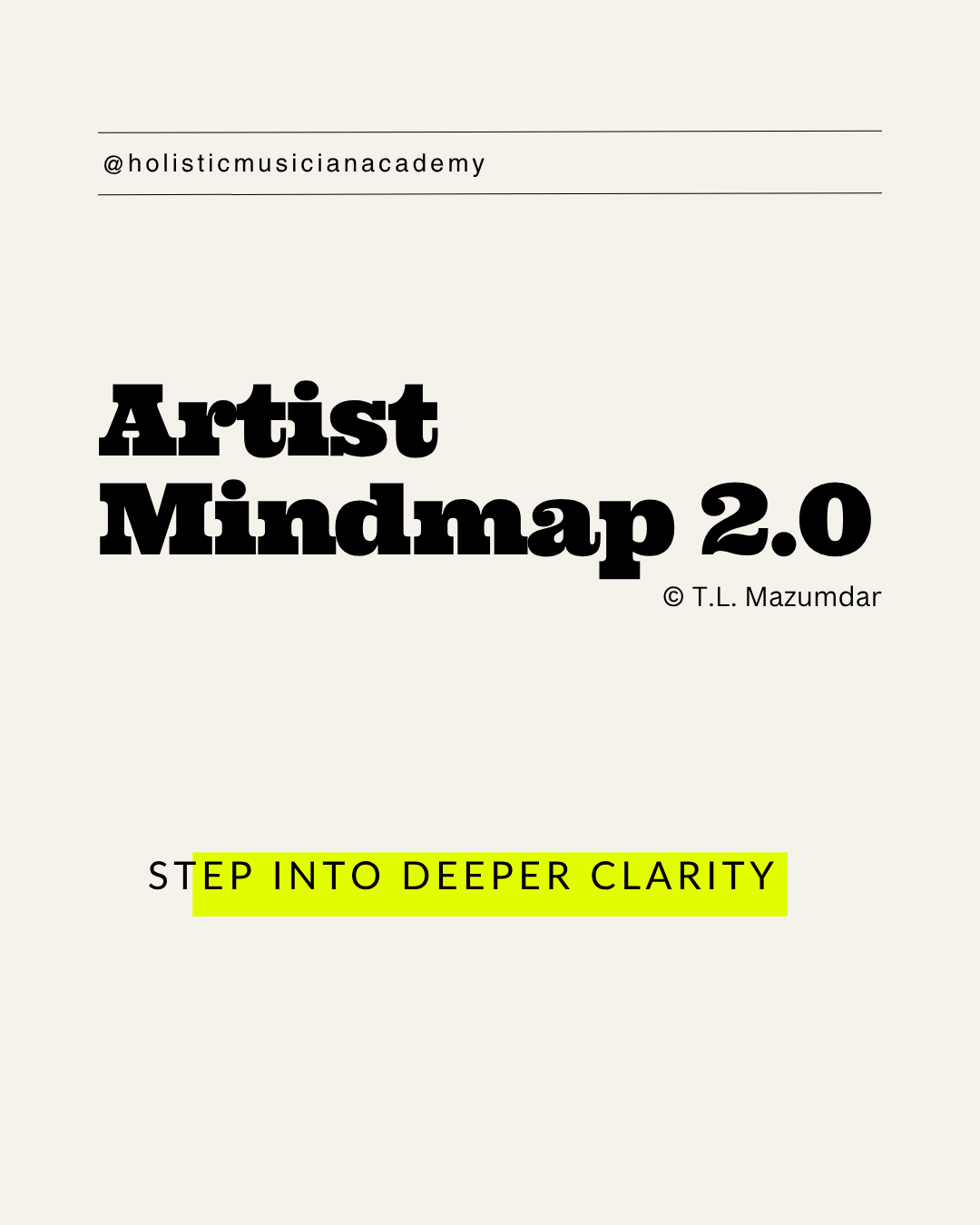


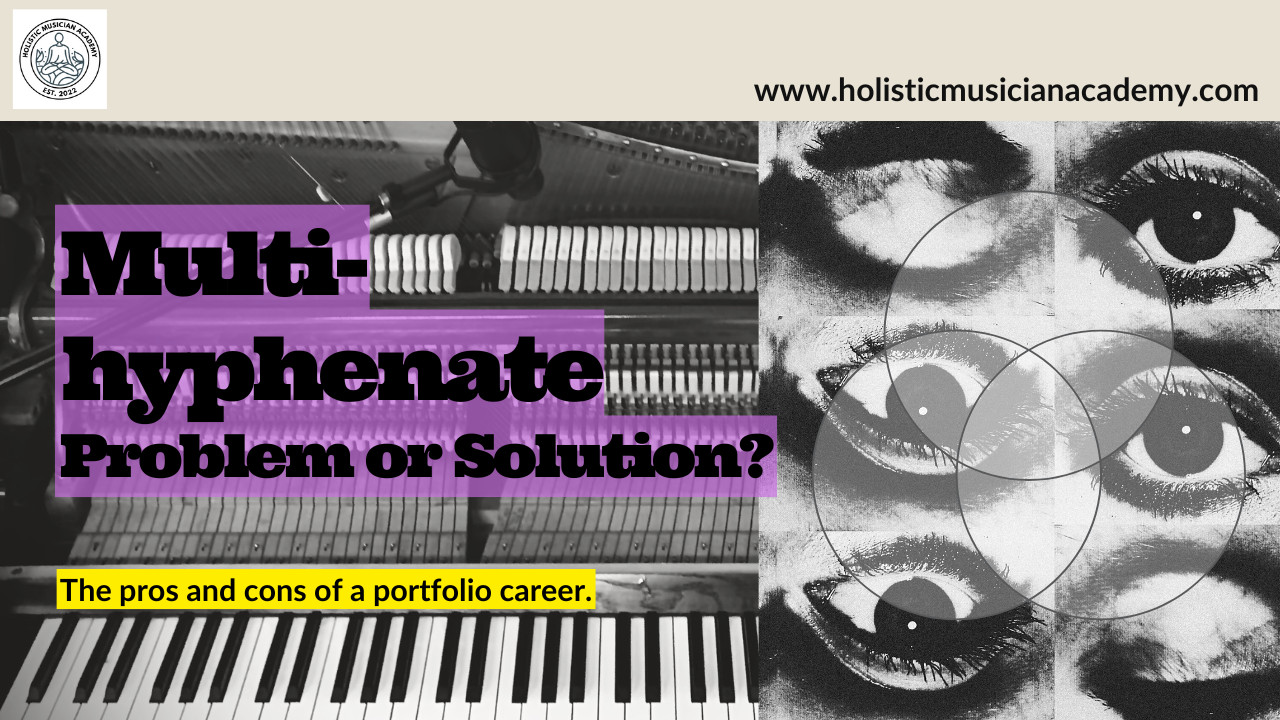

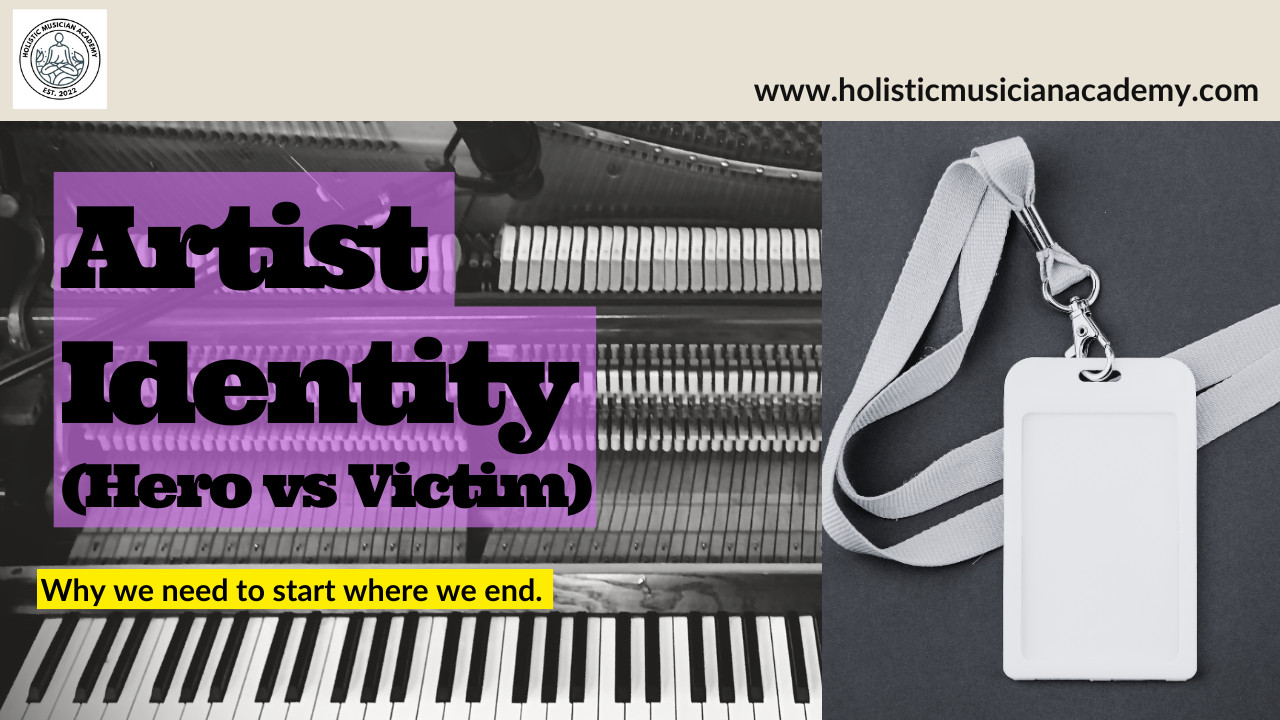
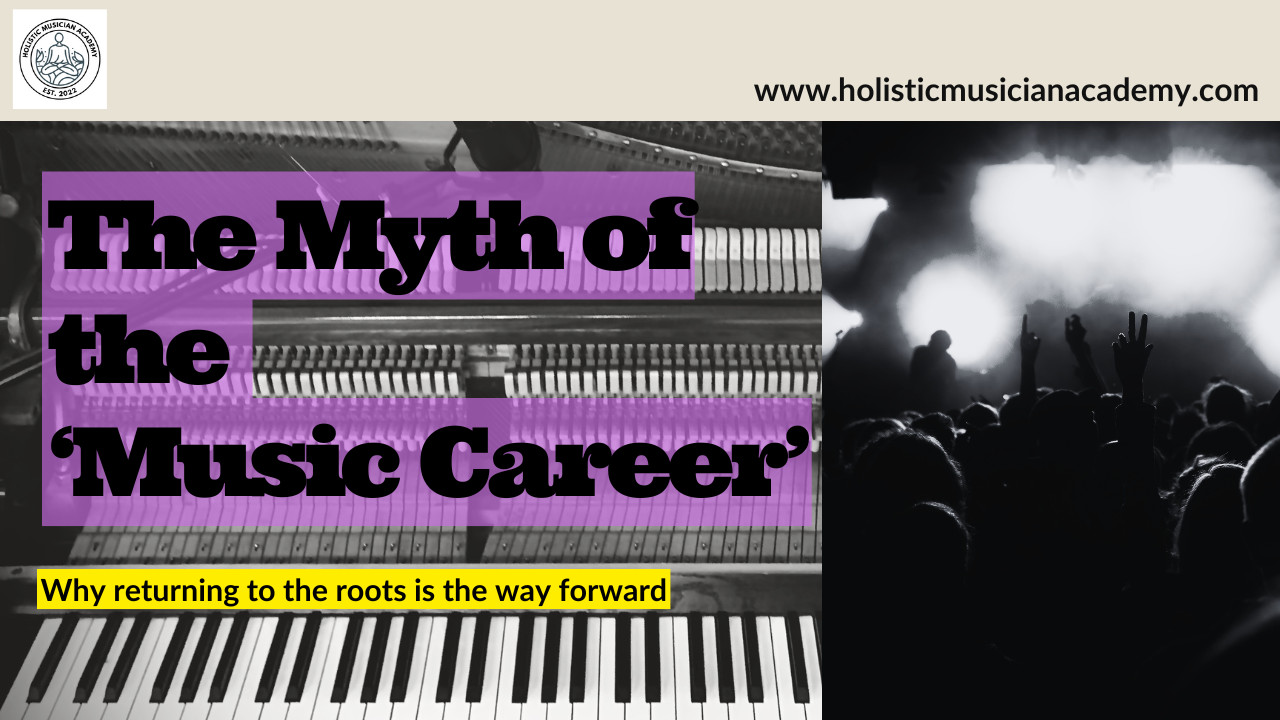
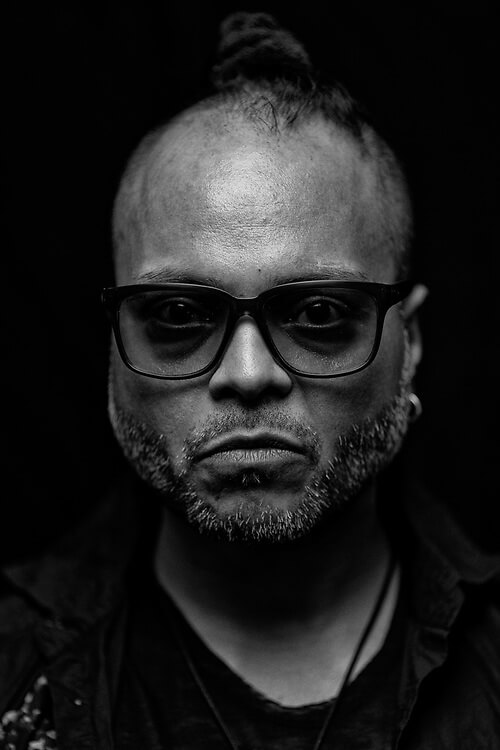
0 Comments